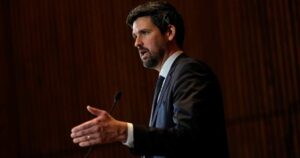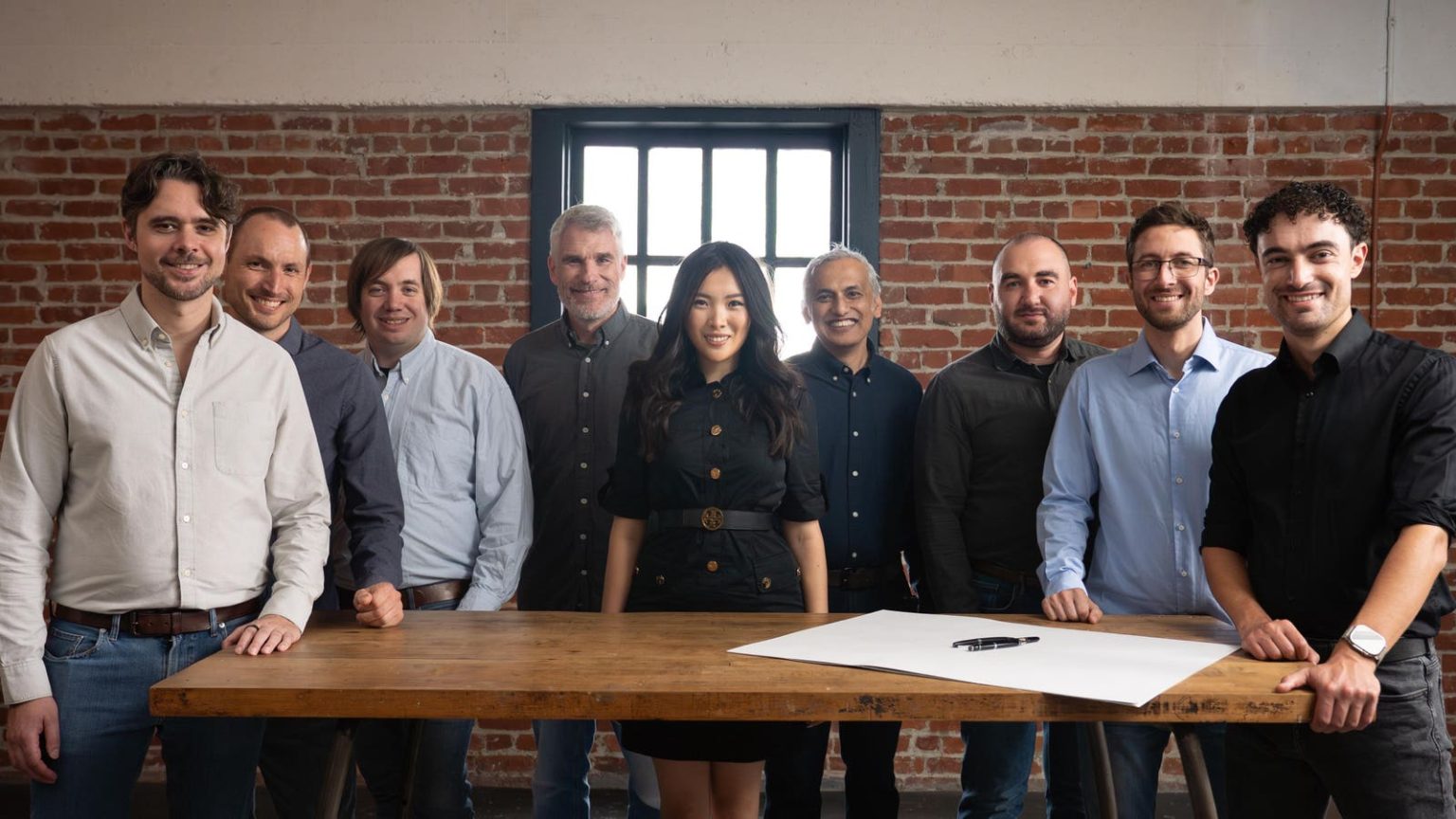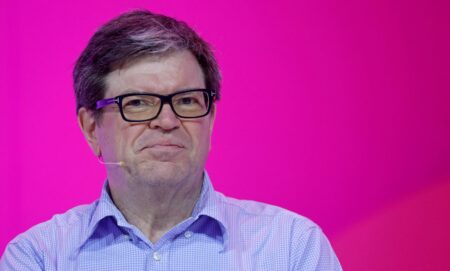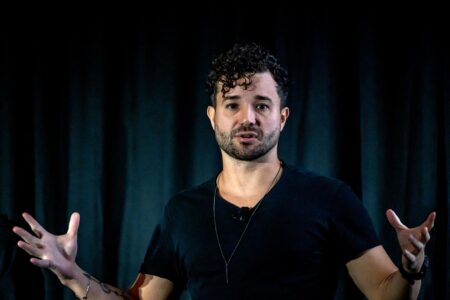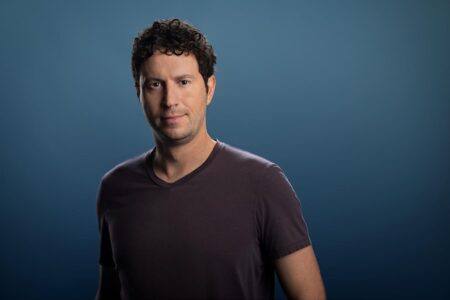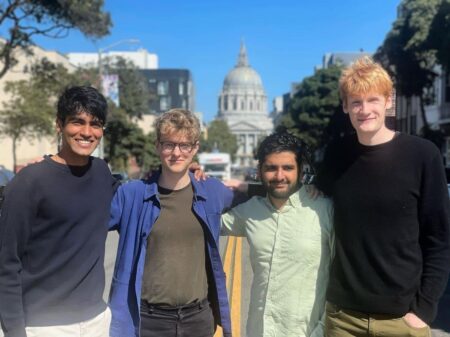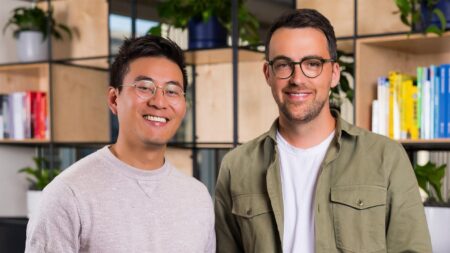Last fall, Carina Hong, a PhD student at Stanford University, spent her weekends poring over mathematical research papers at a Verve Coffee Roasters near campus. At one of the cafe’s communal tables, she struck up a conversation with Shubho Sengupta, an AI researcher at Meta who worked on large language models that wrote software tests. They talked for hours about the intersection of their respective fields and the possibility of developing an AI that could solve the world’s toughest math problems— and discover new ones.
Hong dropped out of Stanford soon after to start Axiom Math, an early stage startup that aims to build a so-called “AI mathematician”— a model that can solve complex mathematical questions, generate detailed proofs of the different steps it took to get to the answer and check its own work. The idea is to convert English-language mathematics from textbooks, archived papers and journals into a software program so that the AI can create new problems, and the solutions can be formally tested and verified. She hopes that the model will eventually generate entirely new knowledge by proposing conjectures, theories that appear to be true but haven’t yet been mathematically proven.
“Math is the perfect sandbox for building superintelligence,” Hong told Forbes. Her startup, valued at $300 million, has raised $64 million in seed funding led by B Capital with participation from venture firms like Greycroft, Madrona and Menlo Ventures.
In less than a year, Hong has lined up a string of seasoned tech veterans for her fledgling startup— many from Meta’s Fundamental AI Research (FAIR) lab. Among the startup’s 10 full-time employees are Francois Charton, who previously researched the use of large language models for mathematics and theoretical physics at Meta and last year solved a 100-year-old math problem; Aram Markosyan, an AI research scientist who led safety and fairness research at Meta; and Hugh Leather, a former Meta AI research scientist who was among the first in the field to use deep learning for code generation. The moves come after Meta doled out $100 million pay packages to poach top AI talent from OpenAI and other frontier AI labs for its superintelligence unit. But even amid its high profile hiring spree, the social media giant has continued to lose key AI researchers, Forbes reported.
For many of the researchers, Axiom’s mission to use artificial intelligence for mathematical discovery — evident at the startup’s Palo Alto office, where conference rooms are named after phenoms like Carl Friedrich Gauss and Ada Lovelace — was a key selling point. “For me, it was the possibility to do AI for math in a company that was serious about it and didn’t consider it a side quest,” said Charton.
Hong herself has an impressive background, brimming with accolades. The 24-year-old founder grew up in Guangzhou, China, loving mathematics. She got her bachelor’s degree in mathematics and physics from MIT, where she wrote nine research papers and took 20 courses on advanced mathematics. In 2023, she won the coveted Frank and Brennie Morgan Prize— the highest award given to an undergrad student for her outstanding research on numbers theory and probability. As a Rhodes scholar at Oxford University, she got a master’s in computational neuroscience.
Despite her progress with Axiom, Hong is up against steep competition. AI goliaths like OpenAI and Google DeepMind both recently achieved gold medal-level scores at the International Math Olympiad, one of the most prestigious math competitions, after their AI models solved five out of six extremely difficult questions. But Hong said these benchmarks can be gamed and don’t reflect research-level mathematics.
For now, Axiom is focused on training models that can find new math problems and solve them correctly, but its researchers hope their work can eventually be applied to other domains too, like financial number crunching, airplane design, chip architecture and even quantitative trading. “Solving complex math problems has been core to so many human inventions,” B Capital Partner Yan-David Erlich said. “Being able to create new problems that model reality and then solve them is critical to advancing human knowledge.”
Read the full article here



